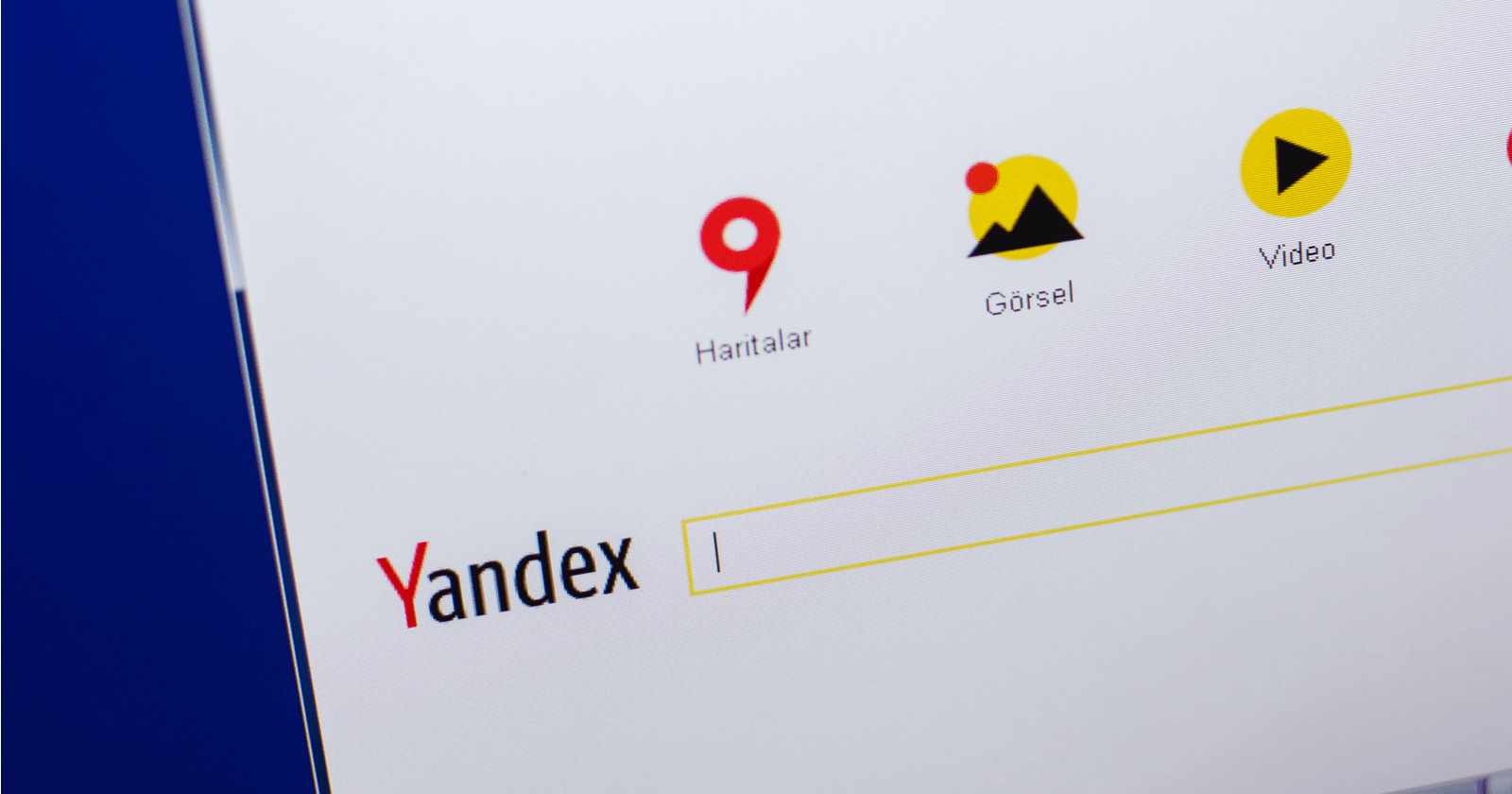Russia is home to 146 million consumers and with 100 million internet users, Russia is the seventh largest audience in the world.
As of this writing, Yandex is averaging 56.2 percent market share in comparison to Google.
After over 10 years of doing both organic and paid media on Yandex, I am still surprised how few in the international search industry consider it.
If you are one of the ones that tried it and that thought, “Oh..just port over my Google Russian campaigns and it will work” then discount it after it fails, maybe you ought to give it another look. It’s truly awesome and only getting better.
In this article, I will answer nine questions about Yandex organic and paid search that I get asked most often.
Hopefully, it will show how we, as an industry, can rethink our attitudes when it comes to putting Yandex high on our list of search engines to work on.
1. How Does Yandex Differentiate Itself from Google?
The biggest difference is that Yandex provides a better local language experience than Google in Russia.
Yandex knows Russian habits better, so their search results are more precise based on its own learning engine.
Another differentiator is usage.
Yandex has both non-urban and urban users. Non-urban users tend to use Yandex as their core Russian search engine, whereas urban users tend to use both Google and Yandex intermittently.
So you might be getting a Google impression for the same user, but when they go to Yandex and see you there as well it’s a double whammy.
Think about this, I’m in a building somewhere in Kostroma, the hot water is shut off in my building and I have no idea what is going on. Going to Google in Russia and searhing for [why is my water turned off?] will land you plumbing ads, how to videos and the like. It doesn’t understand what you are talking about.
Now if I asked Yandex the same question, it will tell me what happened and sources to find out more about the situation.
What about this query: [I need onion’s and carrot’s for my Borsch, where can I find them?]
Google will respond with recipes to make Borsch. On Yandex, local grocery stores feed their products into the engine. Boom…down the street! They even have a laxative for later.
All this provided by IP signals, WiFI, mobile device providers, etc.
2. Is Google Yandex’s Only Competitor?
In search, yes.
In digital ad dollars, VK (Vkontakte) competes with other social ad networks like Facebook.
Surprisingly, VK has been around longer but is more used by a younger crowd than Facebook. (Yes… I know my Russian friends are embarrassed by me bringing this up, but it’s true, so reactivate your VK accounts old ladies and gents.)
3. What Can Advertisers Expect in Terms of ROI?
Compared to Google, it generally depends on the intelligence of the advertiser.
Yandex can be more efficient on ad spend because it actually has more targeting data.
If you optimize for Google it won’t work as well. Yandex could easily outperform Google RU if you know what you’re doing.
Outside of that, not much is different between the two search engines.
If you spend time and adjust the campaigns settings regularly, both can work well.
4. How Does Yandex Ads Work for Partners?
Yandex has an ad network similar to Google’s. It is smaller in terms of size, yet better in quality sites. They filter much better in terms of ad revenue for good Russian publishers.
So Yandex has higher revenue, but is smaller in the number of sites.
Programmatically, Yandex has its own stack, it doesn’t integrate which is a future opportunity. But they want to be careful considering quality publishers want quality advertisers.
5. What Are the Key Drivers for Ad Growth in Russia?
The main growth area for Yandex is in mobile ads.
They have cooled their burners in terms of international growth in other markets, like Turkey and Brazil, so audience growth outside of Russia is smaller now.
Yandex is still growing their ad network and growing in mobile usage, as well as their version of Google Assistant.
6. What Are Some Examples of Usage Between PC and Mobile on Yandex?
When you buy any Android device in Russia, you have to choose which search engine you want to represent your searches (Yandex or Google). This is due to a huge lawsuit settlement reached between Google and the Russian Federal Antimonopoly Service.
This is now in every device by law. Google’s lock on the search default has been broken.
If you look at data since August of last year, Russians are clearly showing a preference for Yandex as their default engine.
If you can’t choose between optimizing for mobile vs. desktop and don’t optimize for mobile, it’s OK for now as they have not seen changes in difference in performance between the two. (I’m still advocating that this could change, so keep optimizing for both vehicles.)
CPC as well has not diminished in comparison to desktop. Mobile clicks are much cheaper and didn’t go down because of the increase in mobile traffic share.
7. What About Yandex’s Ad Tech Capabilities in Comparison to Google?
In terms of the flexibility of campaign settings and ease of use, Google is ahead of Yandex.
Google has many more options for facilitating your objectives. However, for the Russian market, it may have too many options that aren’t all used.
Yandex isn’t sitting there thinking they are going to duplicate every new feature and setting Google comes up with.
8. Who Is Alice?
Alice is the name of Yandex’s voice assistant. It will allow you to calls for a taxi or get news and other updates. It’s similar to Google Assistant’s features.
Google Assistant is on par with them in terms of technology and quality, but it doesn’t work in Russia. Neither does Amazon.
Alice got there first and she is being loved more and more every day, working with advertisers and manufacturers – cameras, doorbells, etc. – basically, the entire home ecosystem.
Alice also has what they call “ChitChat,” which is like talking to a person.
9. Any Regulatory Concerns on the Horizon Like GDPR?
GDPR doesn’t affecr Yandex search per se in Russia because servers and users are in Russia.
However, data protection laws do protect the rights of Russians.
GDPR mostly impacts Yandex Metrica, their analytics platform.
Read this information if you want to dig deeper.
Other SEO Tidbits You Should Know Regarding Yandex
Yandex is going after link farms big time. Think again if your plan is to game their system.
If you have good content, then make sure it’s Russian and written to the Russian market.
Machine translated content – that will get you. As I tell everyone that does international work, do not duplicate and speak to your audience as if you are a local.
Trust me, don’t mess with Russians.
Korolyov is Yandex’s new intelligent search algorithm. It updates how Yandex provides results for long-tail queries by examining every page in their entirety, not just their headings in real time.
Add machine learning with a continuous analysis of like content in real time, you can only imagine what kind of parameters it’s able to interpret.
Also, check out Yandex Radar, a great free tool that will let you cut and slice data around market share.
Learn more: The Ultimate Guide to Yandex SEO.
Conclusion
If you were to go into Google in Mountain View, California, you might find yourself thinking you are in a Russian speaking technology company. They know what they are doing whether they are at Yandex or Google.
After all the years I’ve worked with Yandex, they are friendly, extremely helpful to advertisers, have excellent “English” platforms to work with, and amazing tools.
More International Search Resources:


